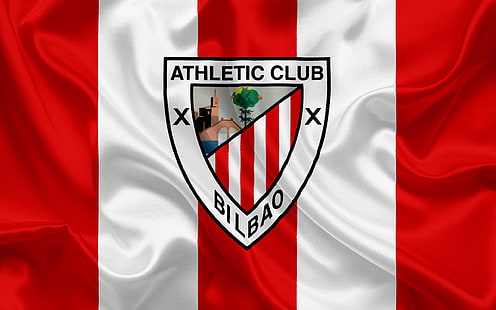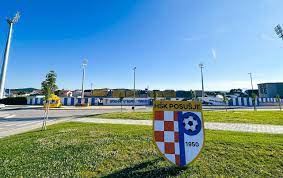
Athletic Club FC
Athletic Club FC, a storied name in the world of football, is a beacon of tradition and passion. Founded in 1898, this Basque club has gained global recognition not just for its accomplishments on the pitch but also for its unique philosophy and approach to nurturing talent. The heart of Athletic Club FC lies in its commitment to fielding players exclusively from the Basque region, creating a deep-rooted cultural connection between the club and its supporters. This blog post delves into the rich history, notable achievements, and distinct characteristics of Athletic Club FC https://hubet.dance/.
The History of Athletic Club FC
The history of Athletic Club FC is as colorful as it is rich, spanning over a century of football excellence, community engagement, and unwavering loyalty from its fans.
The Formation and Early Years
Athletic Club was formed in 1898 by a group of football enthusiasts who were inspired by British sailors. The club was established in Bilbao, reinforcing the notion that football can bridge cultures and communities. The early years were characterized by local tournaments, where Athletic Club began to lay down its foundations, both as a competitive team and a prominent fixture in Basque culture.
As the club matured, it embraced the passionate spirit of its supporters. The early 20th century saw Athletic gain recognition for its distinctive style of play. The players embodied the tenacity and flair associated with Basque identity, leading to a sense of pride that would permeate through generations. The roots of Athletic Club FC’s philosophy can be traced back to these formative years, setting the stage for what would become a legendary legacy in football.
Growth and Achievements
The interwar period marked a significant turning point for Athletic Club, as the team began to dominate Spanish football. Notable victories in Copa del Rey and La Liga set Athletic apart as one of Spain’s leading clubs. During this time, the club adopted the iconic red and white striped jersey, which has since become synonymous with its identity.
Athletic Club FC was not only focused on winning titles; it aimed to instill a sense of community. The club built its own stadium, San Mamés, named after the patron saint of Bilbao, providing a home for its loyal supporters. This period was not just about sporting achievements; it was about solidifying the cultural and communal ties that bind the Basque people to their beloved club.
Modern Era and Global Recognition
Fast-forward to the late 20th and early 21st centuries, Athletic Club FC faced new challenges as European football evolved. However, the club remained committed to its core philosophy—developing local talent from the Basque region. The youth academy, known as Lezama, became a crucial part of this strategy, producing numerous players who would go on to represent not only Athletic but also the Spanish national team.



